RIYADH: When The Red Sea Project was announced on July 29, 2017, many were skeptical about executing a giga-project spanning 28,000 sq. km. The master plan was just half a page long. But, a few good people rose to the challenge. Today, they are pioneers leading the world’s most ambitious regenerative tourism project.
In 2018, Saudi Arabia’s Public Investment Fund launched The Red Sea Development Co. to drive the development of TRSP with 50 employees based in shared offices of a small building. Four years later, it is powered by a team of 2,000 people, all set to launch the project’s first phase in 2023.
One of the first employees to join the project was Ehab Alkindi, senior business administration director of TRSDC. In 2016, Alkindi was roped in from Saudi Aramco to facilitate the initiation of PIF’s three giga-projects NEOM, Qiddiyah and TRSDC. He played a vital role in setting up the strategic objectives, execution methodologies and regulatory frameworks of TRSDC.
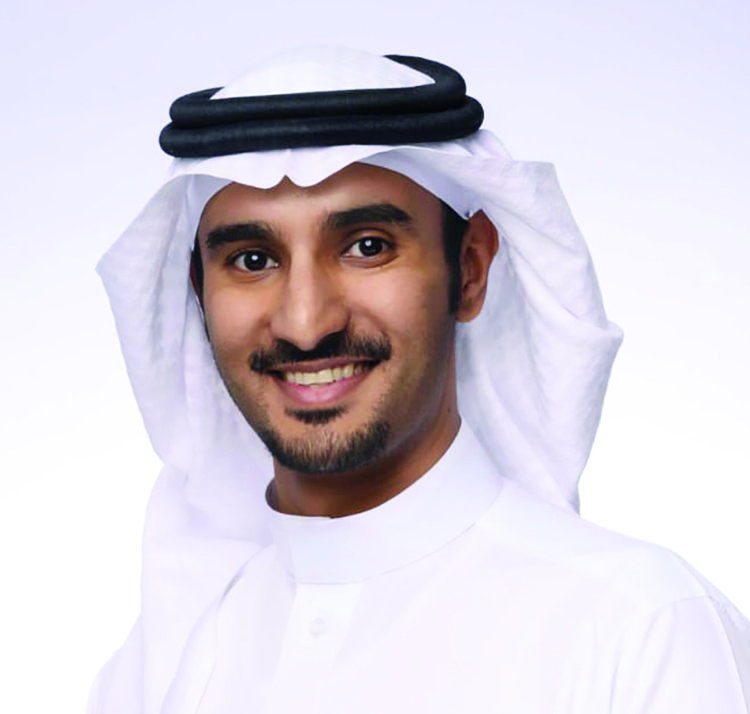
Ehab Alkindi
“I have been lucky enough to be the Saudi Aramco employee who the PIF assigned to establish three magnificent projects in the Kingdom. I was the second employee to join the project, playing various roles starting from shaping the project’s vision, strategy, and master plans,” he said.
Another of the earliest employees is Abdulrahman Aldaris, presently the senior HR excellence manager of TRSDC. He has been closely involved in hiring a dedicated team of professionals committed to the Vision 2030 blueprint.
I have been lucky enough to be assigned to establish three magnificent projects in the Kingdom. I was one of the very first employees to join the project, playing various roles starting from shaping the project’s vision, strategy, and master plans.
Ehab Alkindi
“When I started working on The Red Sea Project in 2017, there were only a handful of passionate people believing in the Vision and working hard to set the foundations of what is today one of the most awaited destinations for the tourism market in the world,” said Aldaris.
Ashwaq AlBabtain, senior project manager, destination development at TRSDC, joined the company in April 2018 as a part of 35 employees responsible for the initial phases and the master plan.
“I remember the day the project was announced, and I felt mixed emotions, including happiness, joy and excitement as something new was happening in the Kingdom,” said AlBabtain.
AlBabtain started her journey in the project delivery team, setting up environmental guidelines and delivery strategies.
“We worked at a fast pace that I never saw in any organization. For example, if a task took you a day in another project, it would take you an hour in TRSP,” she added.
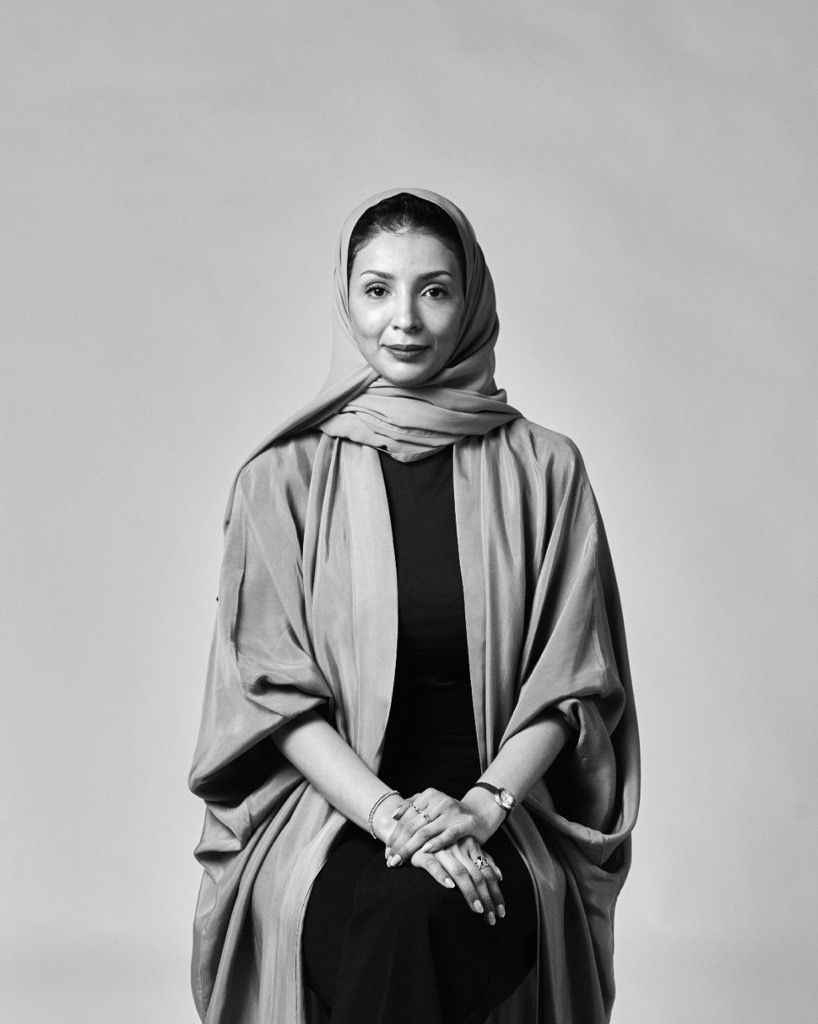
Ashwaq AlBabtain
Developing the master plan
“Design is an evolving process. As long as the vision is there, the design will evolve, and the vision will be achieved,” said Faisal Butt, executive director for project delivery, TRSDC.
An employee of the project since the summer of 2017, Butt describes his first days as vibrant. He quickly absorbed the undertaking’s processes and needs, which helped him sail through the headwinds afterward.
“When I first joined, there were maybe around two people in the Red Sea project and a few consultants. I still remember the day when the first master plan was only a half page,” said Butt, adding that it took the team a year and a half to develop the master plan.
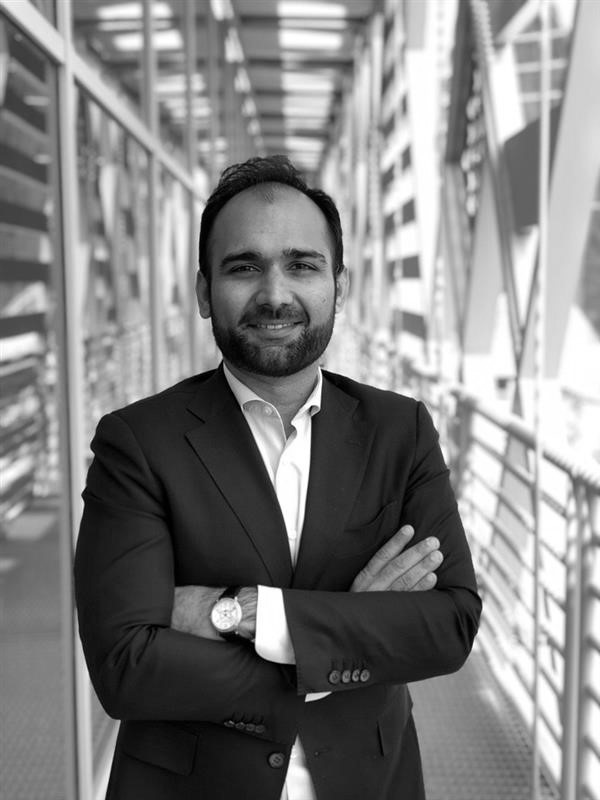
Faisal Butt
BACKGROUND
The master plan was developed in partnership with the US-based architectural firm WATG and UK-based engineering consultant Buro Happold. It features unique design concepts from some of the world’s most prominent architecture firms.
“From then to now, we are delivering the first three hotels. I have seen the master plan evolve and come to life, and I can’t be more grateful,” he added.
The master plan was developed in partnership with the US-based architectural firm WATG and UK-based engineering consultant Buro Happold. It features unique design concepts from some of the world’s most prominent architecture firms.
The project will develop 22 islands; three of them will be completed by 2024. The three islands will contain 16 hotels, including three that will be ready next year.
“Each of these islands has its unique value and vision. There is the uniqueness of the hospitality brands’ architecture and positioning, with each having a different target market,” said AlBabtain.
The first phase is now halfway through. Several vital assets are fully operational, including a four-star hotel called the Turtle Bay, on-site offices, and a large landscape nursery.
“We want to target every market segment,” said AlBabtain.
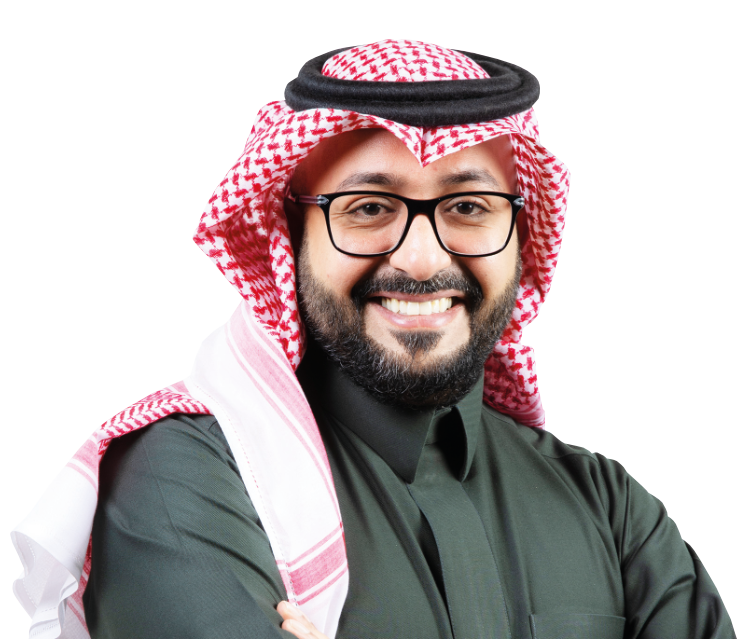
Abdulrahman Aldaris
To get a sense of what TRSDC has achieved in the past five years, one needs to look at the strategic partnerships it forged recently. According to media reports, the company has procured over 800 contracts worth about $5.2 billion under the supervision of the group chief projects delivery officer of TRSDC, Ian Williamson.
Joined in 2017, Williamson has been responsible for leading the development and delivery of the project's planning, design and construction.
When I started working on TRSP in 2017, there were only a handful of passionate people believing in the vision and working hard to set the foundations of what is today one of the most-awaited destinations for the tourism market in the world.
Abdulrahman Aldaris
“As one of the first employees of The Red Sea Project, it gives me immense pride to have been there at the beginning with a tiny group of colleagues figuring out the first steps to take on this amazing journey,” said Williamson.
Sustainable mobility
Another pioneer who joined in the early stages was Andreas Flourou, the operations executive director in the mobility department.
He joined in 2017 as the tenth employee and played a role in the recruitment of the administration team.
Three years later, he joined the mobility department, which manages transportation inside the resort, including land, sea and air mobility.
“The challenge is around providing sustainable transportation and introducing hydrogen and other environmentally friendly mobility,” he said.
The company signed several deals with electric vehicle manufacturers to supply them with cars, buses, buggies and vessels.
He added that the project would have hundreds of EVs in the first phase, 40 vessels and several aircraft to move people across the islands, all to be set for operational from the first day of the launch.
Flourou has further stated that no visitors will be allowed to drive their cars inside the resorts, as the developers will provide all on-site transportation.
The company has signed a memorandum of understanding with ZeroAvia, a British-American hydrogen-electric aviation firm, to test and develop zero-emission travel across its new luxury tourism destination focusing on environmental sustainability and regeneration.
“The delivery will start immediately; we are in the advanced stages of discussion,” said Flourou.
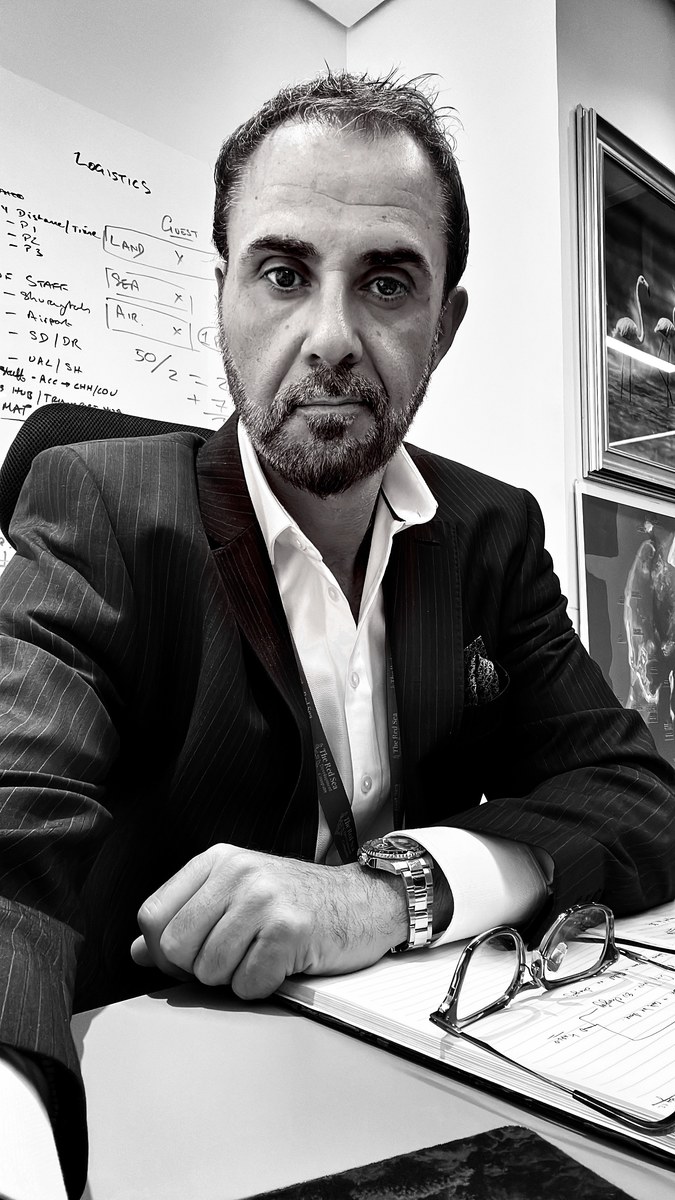
Andreas Flourou
Personal and environmental security
TRSDC has also adopted an innovative model of medical care by creating a facility to treat its employees rather than leaving the responsibility to individual contractors, ensuring that all workers have equal access to senior medical personnel and high standards of care.
According to Ahmad Darwish, group chief administrative officer of TRSDC, the crucial security targets included maintaining safe construction practices and ensuring zero lost time incidents while constructing marine jetties, coastal villages and base camps.

Amjaad Alangari
The company is also determined to develop its tourist resorts without harming the environment.
According to Butt, there will be some environmental disturbance whenever there is human intervention, but that does not hold for TRSP.
Today, not only am I helping to develop a brand new tourism industry for the Kingdom, but I am learning and developing as the project develops.
Amjaad Alangari, Senior marketing manager at TRSDC
“What we have done is showing that development can happen in a way that is not only protecting the environment but regenerating it as well,” Butt said.
The company is leading by example in its destination’s marine project. The challenge was preserving flora and fauna on the ground, with hundreds of people working in the vicinity. So, it maximized the off-site construction and minimized the on-site work as much as possible.
“A lot of the structure of the villas were fabricated somewhere else then brought and placed on site; in some cases, we reduced physical construction by 40 percent,” he added.
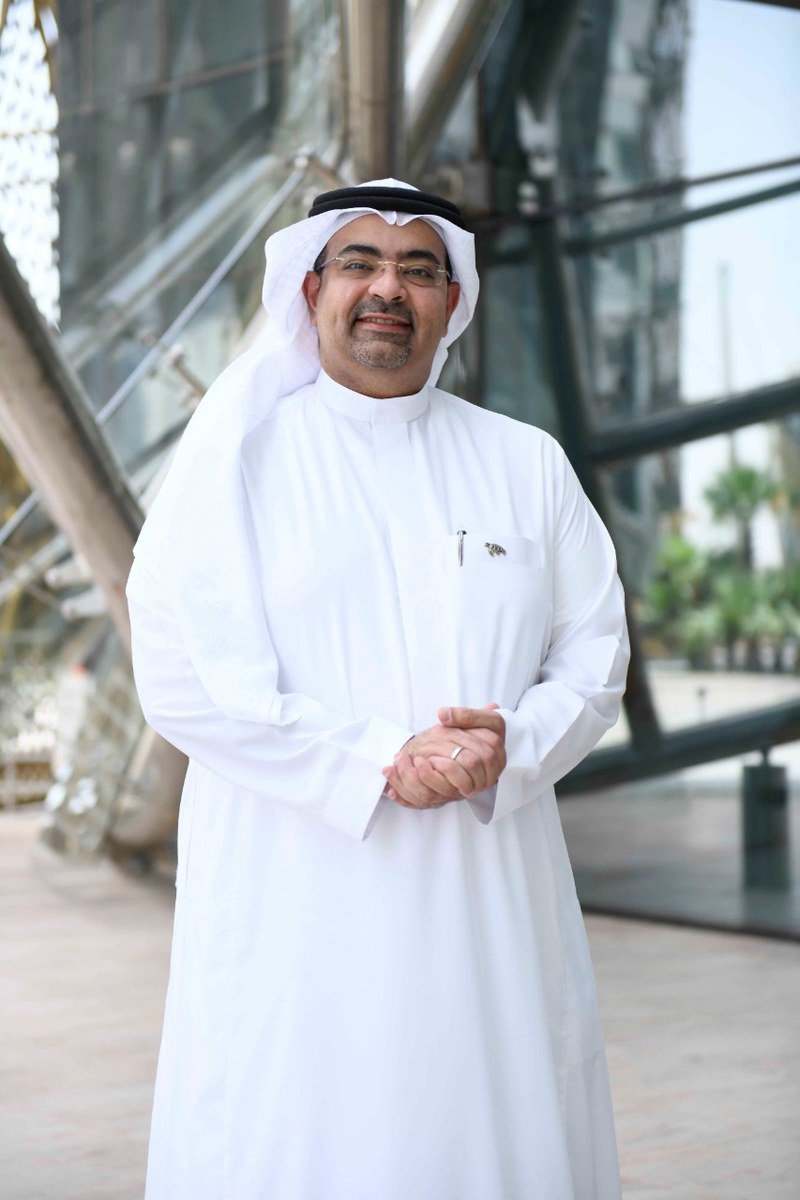
Ahmed Darwish
The aftermath of the pandemic
“The pandemic represented an unprecedented challenge for all of us in TRSDC. However, we worked together as a team throughout 2020 to surpass the challenges encountered and continue to do so today,” said Darwish.
In the middle of the COVID-19 pandemic, the group was keen to manage its tasks in one way or another.
Working from home became the new normal, but the harmony and passion the pandemic left on the team were remarkable, pointed out Amjaad Alangari, senior marketing manager, TRSDC.
In some cases, the project saw months of delays. For instance, the first phase was scheduled for completion in 2022 before pushing the date back to the middle of 2023.
“We tried to lower the delays by accelerating some of the projects and increasing some shift times,” said Butt.
To Butt, the challenge was not limited to the 12-18 months of lockdown; it also had substantial cost implications.
“The pandemic directly impacted the global supply chain, which in turn affected a large giga-project like us that depends on supplies from around the world,” said Butt adding the prices of a forty-foot container soared by 500 percent.
Building the brand identity
For Alangari, one of the first five employees of TRSDC, the journey at the company has been as eventful as her role as the company’s marketing whiz.
She was instrumental in conceiving the brand identity, including developing its logo that symbolically represents the destination’s islands, natural attributes, flora and fauna.
Alangari and her team are also devising a slogan that best describes the unforgettable experience the destination has to offer for its visitors.
The slogan will be unveiled during the launch of the project’s first phase.
“Working in TRSDC has opened many opportunities for me as a young Saudi woman. Today, not only am I helping to develop a brand new tourism industry for the Kingdom, but I am learning and developing as the project develops,” said Alangari.

























